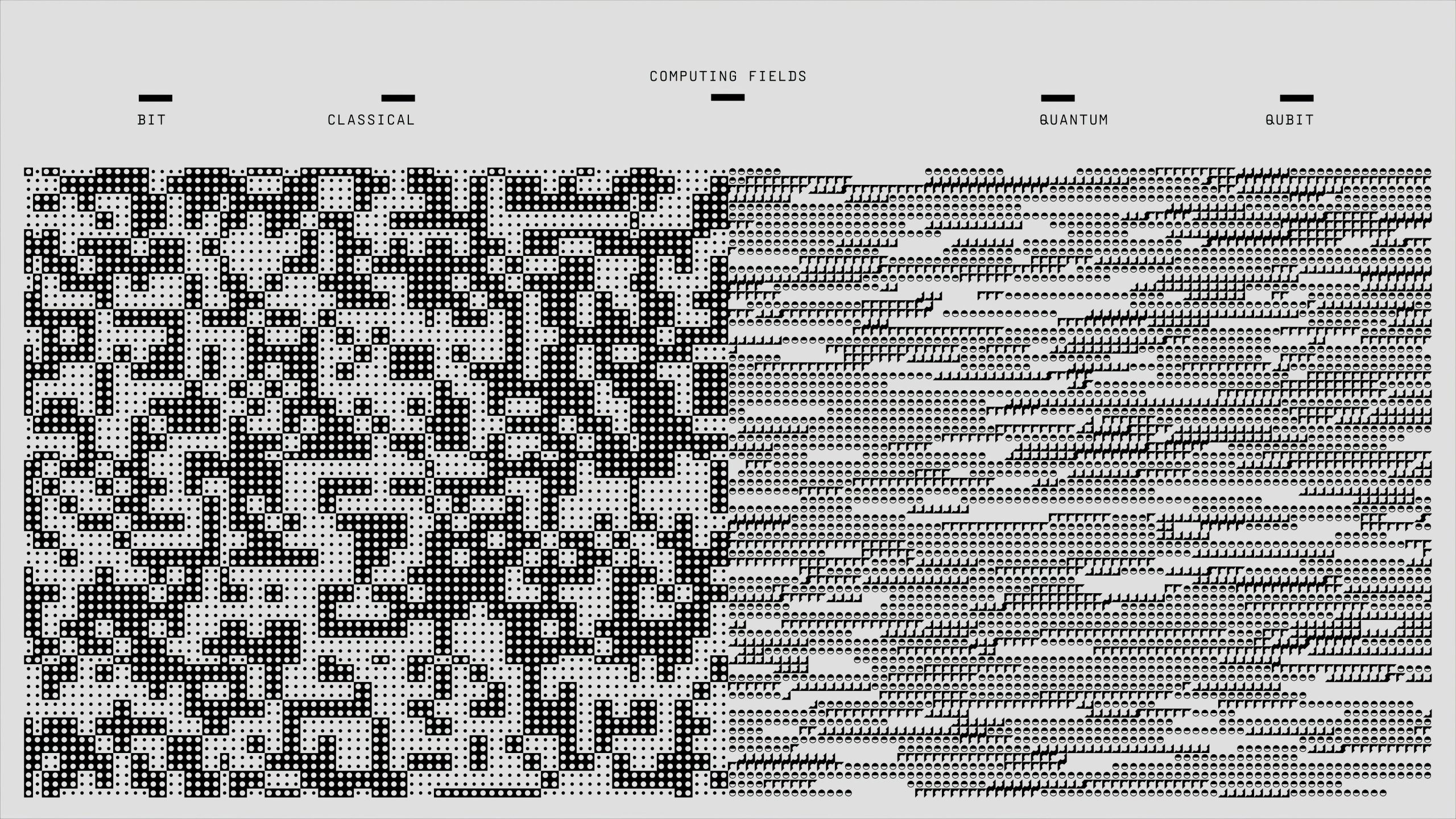Imagine a computer so powerful it could solve problems in seconds that would take today’s fastest supercomputers thousands of years. That’s the promise of quantum computing—a revolutionary technology that harnesses the strange laws of quantum mechanics to process information in entirely new ways. But what exactly is quantum computing, and how does it work? In this beginner’s guide, we’ll break it down simply, exploring its potential to transform industries like medicine, finance, and cybersecurity.
What Is Quantum Computing?
Quantum computing is a type of computing that uses quantum bits, or qubits, instead of the classical bits found in traditional computers. While classical bits can only be 0 or 1, qubits can exist in a state called superposition, where they are both 0 and 1 simultaneously. This allows quantum computers to perform many calculations at once, making them exponentially faster for certain tasks.
Another key quantum phenomenon is entanglement, where qubits become interconnected so that the state of one instantly influences another, no matter how far apart they are. These unique properties enable quantum computers to tackle complex problems that are practically impossible for classical machines.
How Does Quantum Computing Work?
To understand how quantum computing works, let’s compare it to classical computing:
- Classical Computers: Use bits (0s and 1s) processed through transistors in silicon chips. Calculations are done sequentially.
- Quantum Computers: Use qubits, which can be atoms, ions, or superconducting circuits. They leverage superposition and entanglement to process multiple possibilities simultaneously.
Quantum computers require extreme conditions to function, such as temperatures near absolute zero to minimize interference. When a computation is run, qubits explore all possible solutions at once, and the correct answer is extracted through a process called quantum interference.
Potential Applications of Quantum Computing
Quantum computing isn’t just a theoretical concept—it has real-world applications that could revolutionize multiple fields:
1. Drug Discovery and Healthcare
Quantum computers could simulate molecular interactions at an atomic level, accelerating the development of new drugs and personalized medicine.
2. Cryptography and Cybersecurity
While quantum computers could break current encryption methods, they also enable quantum cryptography, creating ultra-secure communication networks.
3. Financial Modeling
Banks and investment firms could use quantum algorithms to optimize portfolios, predict market trends, and manage risk more effectively.
4. Climate Science
Quantum simulations could help design better materials for carbon capture or improve weather forecasting models to combat climate change.
Challenges and Limitations
Despite its potential, quantum computing faces significant hurdles:
- Error Rates: Qubits are highly unstable and prone to errors due to environmental interference (a problem called decoherence).
- Scalability: Building large-scale quantum computers with thousands of stable qubits remains a major engineering challenge.
- Cost and Infrastructure: Maintaining quantum systems requires specialized, expensive equipment like cryogenic cooling.
Researchers are working on error-correction techniques and more robust qubit designs, but widespread adoption is still years away.
The Future of Quantum Computing
Quantum computing is still in its early stages, but progress is accelerating. Companies like IBM, Google, and startups like Rigetti are racing to build practical quantum machines. Governments are also investing heavily, recognizing its potential for national security and economic competitiveness.
In the coming decades, we may see hybrid systems where classical and quantum computers work together, solving problems neither could handle alone. As the technology matures, it could unlock breakthroughs in AI, materials science, and beyond.
Quantum computing is one of the most exciting frontiers in technology today. While it’s complex, its core idea—harnessing quantum mechanics to process information in new ways—could redefine what’s possible in computing. From curing diseases to securing data and fighting climate change, the applications are vast. Though challenges remain, the future of quantum computing looks bright, promising a new era of innovation that could reshape our world.
